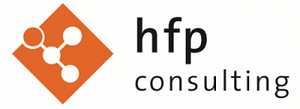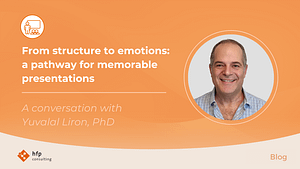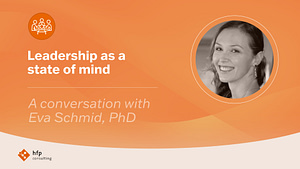Feedback is an essential element of mentorship or, for the record, leadership. Without feedback, mentees, junior scientists, and staff alike will most likely get the advice or the instructions from you as their mentor and/or PI might think they need. But you will never know whether what they get will support them as good as you think it does.
One way to receive honest feedback is to listen non-judgmentally. Sašo Kočevar, senior director of hfp consulting, explains in a podcast for nature career how to do this. One of his major points is that preconceptions will rob any feedback of much of their worth.
However, the best intentions may not suffice once they are confronted with everyday life. For some people it might be out of the question to criticise their boss or even give constructive suggestions to them. Others might be afraid of repercussions.
Anonymous feedback can provide a solution. Katie Langin describes this approach in a brief essay published in Science careers on April 29th 2019. She presents several examples of how anonymous feedback can improve one’s mentorship and leadership skills, respectively. The scientists interviewed in her article describe vividly how anonymous feedback helped them to uncover multiple issues interfering with both atmosphere and workflow within their respective groups. Overall, they found anonymous surveys most helpful, and they were convinced that their better mentoring would, on the long run, make their workgroups more attractive for promising young scientists.
You will find basic advice on how to enable anonymous feedback in Langin’s article. As many people avoiding open feedback worry about personal repercussions, the major issue is how to preserve true anonymity even in small teams. In order to guarantee transparency, it is furthermore recommended that results should be presented to, and discussed with, the whole group. In order to cover long range processes, surveys should be repeated at least annually or every two years.
For further information, you might check out the twitter account of Jen Heemstra. She is a pioneer in the field of anonymous feedback in research groups, and regularly tweets about her experience. Her insights on leadership in research might altogether make for an interesting read.
If you want to share your insights on feedback culture in your own team or group, feel free to comment!
1. Rebecca Wild: Naturejobs podcast: Meaningful mentoring, Naturejobs Blog, 18.12.2017
2. Katie Langin: Want to become a better mentor? Ask for anonymous feedback, Science careers, 29.04.2019; doi:10.1126/science.caredit.aax8575
3. Jen Heemstra on twitter: Jen Heemstra





